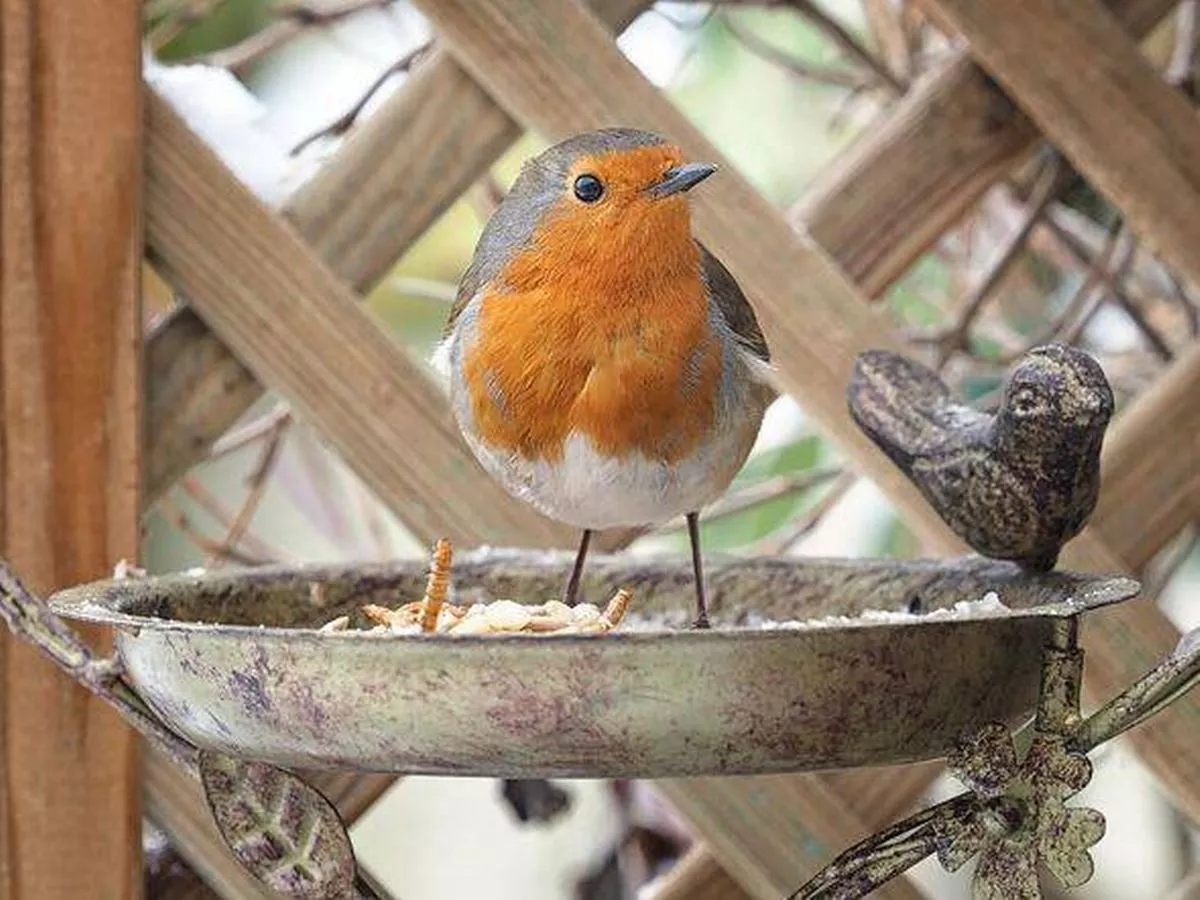By Alex Evans Bethany Gavaghan
It’s a critical period for an array of birds in our gardens, from sparrows and starlings to blackbirds, robins, and other beloved British birds as they rear their fledglings during the warmer months. Garden enthusiasts are encouraged to support avian friends throughout the summer by leaving a couple of types of fruit out on both the lawn and bird tables. The RSPB suggests offering a mix of foods appropriate for various birds and suitable for different seasons, encompassing items like sunflower seeds, raw oats, suet, and mealworms. Additionally, other gardening experts are advocating the significance of summertime bird feeding. Love dreamy Welsh homes? Sign up to our newsletter here CJ Wildlife has shared that, contrary to previous beliefs that birds only required feeding in the chillier seasons, it’s beneficial to provide food for them all year round. Their findings reveal that continuous feeding aids species in decline and allows individuals to connect more with the wildlife visiting their gardens, reports the Express. The specialists explained: “Not long ago, many believed that garden birds should only be fed during the winter months; however, long-term studies have shown that offering food to garden birds year-round is beneficial, supporting declining species and allowing you to learn more about your garden visitors.” “Feeding wild birds during the summer helps busy parents top up feeders and provide all the natural food their young need. Well-stocked bird feeders can be a lifeline for young birds as they learn how and where to find food locally. “Bird populations are at their highest in the summer, so a regular supply of quality food helps birds get the energy they need amid increased competition for natural foods.” If you’re looking for an easy and inexpensive way to support our feathered friends, consider leaving out two types of fruit – apples and pears. Simply slice them up and place them on your lawn or on a bird table or feeder. The RSPB advises: “You can put out leftovers such as dried fruit, or fruit such as apples and pears. Don’t use anything mouldy or salty, though, and if you have a dog don’t put out dried fruit – vine fruits, such as raisins, can be toxic to them. “Fruit, especially bruised apples and pears, will be popular with thrushes and blackbirds.” Different species of birds feed in different locations – some prefer to ‘ground feed’ rather than visit a bird table. The RSPB explains: “Blackbirds are too large to access most hanging bird feeders. To attract them to your garden, it’s best to put out food on a bird table or scatter it on the ground.” This is also true for sparrows, dunnocks and doves, which generally prefer ground feeding, although they typically consume seeds. However, if you choose to leave food on the ground, ensure it’s in a wide open area, away from hedges and potential hiding spots for cats. Birds won’t feed where they feel threatened by predators like cats, or where they could be at risk near cat hiding places. If you have a bird table, it’s essential to keep it clean, especially if it’s a flat one. The RSPB has temporarily stopped selling flat, open bird tables while they look into the possibility that these feeders might help spread diseases. The RSPB emphasised: “Bird feeder hygiene is very important. Brush off debris every time you put out fresh food and scrub feeders with mild disinfectant solution weekly.”
